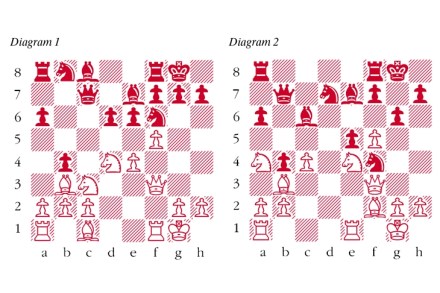Double fianchetto
In my pantheon of heroes a particular place of honour is occupied by the hypermodern grandmaster Richard Réti, the first to adopt the double fianchetto since the days of Howard Staunton. Réti-Yates: New York 1924; Réti Opening (See diagram 1) 12 Rc2 This manoeuvre connected with this rook move must have struck onlookers as nothing















